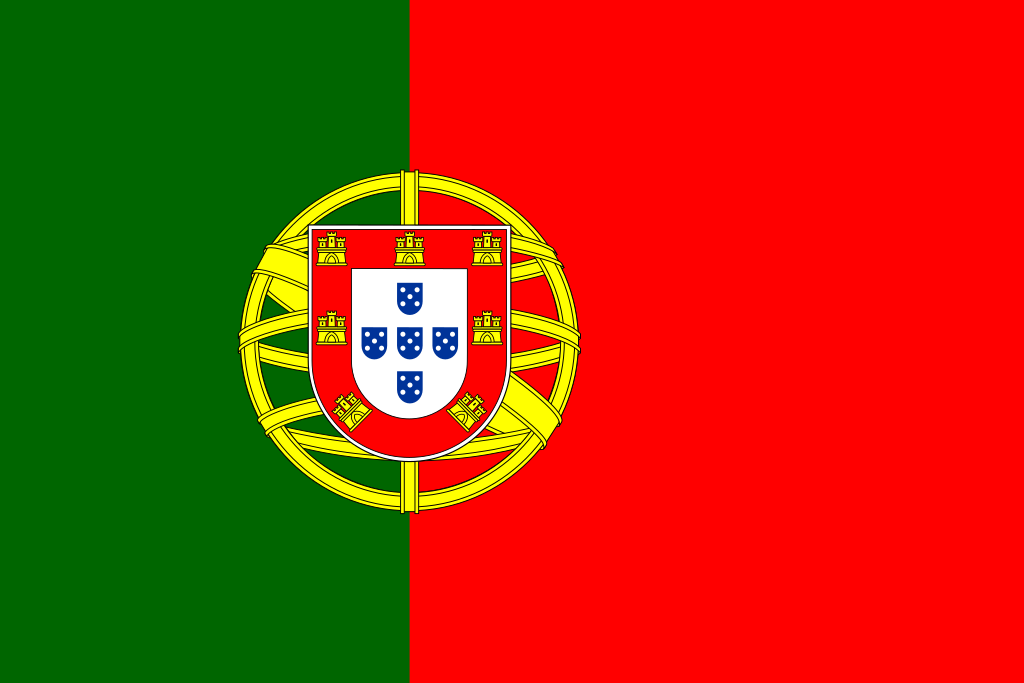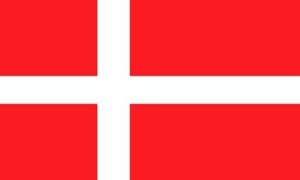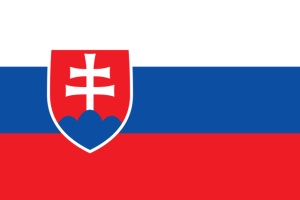Portugal
With regard to public provision and that of non-profit organisations, debt counselling in Portugal remains a fragmented and limited system.
According to the type of intervention – only advising or advising and participating in renegotiations with creditors on behalf of the debtor – and the type of debts included/excluded (bank loans, other loans, other debts) we can identify the following as the main actors/systems:
- GASDECO, a specialised office of the largest consumer association in Portugal, called DECO, operates in the association’s delegations throughout the country and in some municipalities with which DECO has protocols. GASDECO provides free advice and direct support in renegotiating debts to members and non-members, in person or by telephone, in writing or via a website. DECO handles most of the cases in Portugal (Website).
- RACE (Indebted Consumer Support Network) is a network of debt counselling services recognised by the Directorate General for the Consumer to provide free information, advice and support to bank customers who are in default or are in arrears with their financial obligations (https://clientebancario.bportugal.pt/entidades-da-race; https://www.youtube.com/watch?v=jLfW9WrExFs). RACE members are not authorised to act as mediators in the sense that they cannot negotiate directly with creditors on behalf of the debtor. They can analyse the creditors’ proposals in the light of the debtor’s financial situation and advise the debtor while the debtor is engaged in renegotiating its debts.
Among the RACE members there is GOEC, a non-profit debt counsellor run by a research centre from the University of Lisbon that covers the whole territory (Facebook) and APOIARE, a non-profit debt counselling service that covers the two largest Portuguese cities, Lisbon and Porto (Website; Facebook). - Mediador de Crédito / Credit Mediator (Ombudsman) mediates between bank customers (individuals and legal entities) and credit institutions, namely in the context of loan contracting and renegotiation, including providing clarifications and information on credit issues. Located at the Banco de Portugal, it acts independently from the central bank (Website).
- SISPACSE (Public Support System for Conciliation on Over-indebtedness) is an extrajudicial renegotiation system established in December 2020 as part of the package of measures adopted by the government to support families financially affected by the COVID-19 pandemic, that came into force on 30 September 2021. In SISPACSE, individuals and individual entrepreneurs can renegotiate their overdue or defaulted pecuniary debts with the help of a mediator (called conciliator), chosen from a list of professionals previously recognised by the Ministry of Justice (https://dgpj.justica.gov.pt/sispacse).
The mediators are mostly lawyers or solicitors who required to be enrolled in SISPACSE. DECO also enrolled, and by law the members of RACE are also in SISPACSE.
Considering that in SISPACSE mediators can be proactive and have a direct involvement in renegotiations between debtor and creditors, that the procedure has a limited duration (60 calendar days, renewable once for the same period) and a reduced cost (a one-time payment of 30 euros if the parties enter into negotiations), and that it provides for an automatic stay, it seems to be the most favourable debt counselling service available in the country. However, the legal exclusion of credit loans (common among over-indebted consumers), and tax and social security debts drastically limits the scope and usefulness of this out-of-court solution.
Additional note: Following the sharp increase in the inflation rate during the second half of 2022, the Portuguese government created a special and transitory regime for mortgage loans (Decree-Law No. 80-A/2022, 25 November 2022). This regime will be in force between 26 November 2022 and the end of 2023 and makes the renegotiation of the credit compulsory for banks in case of a significant increase in the effort rate or when the monthly instalments of the loans represent more than 50% of the total income. The risk of default must result from the increase in the loan’s reference interest rate (EURIBOR) and the amount owed must not exceed EUR 300 000.



